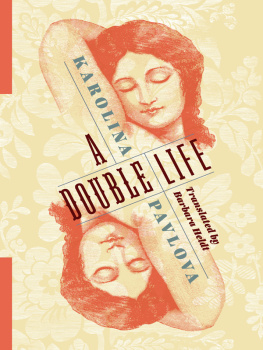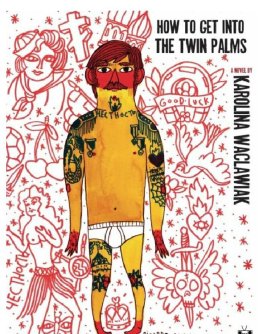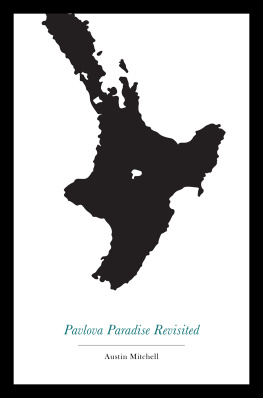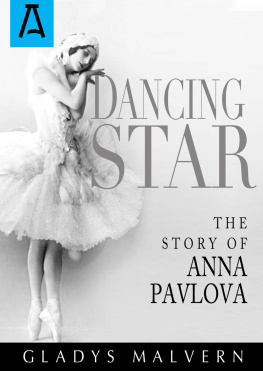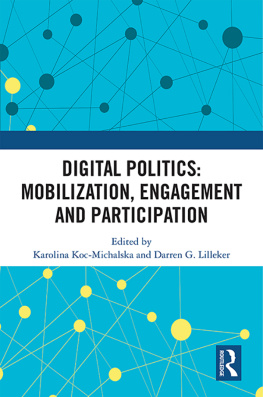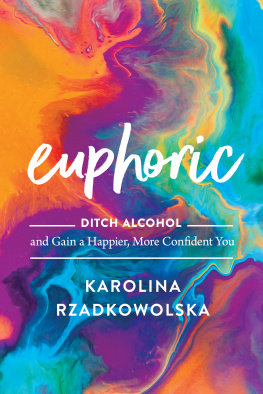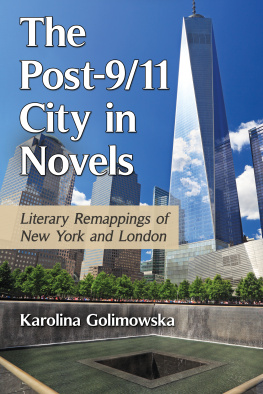Table of Contents
A DOUBLE LIFE
RUSSIAN LIBRARY
The Russian Library at Columbia University Press publishes an expansive selection of Russian literature in English translation, concentrating on works previously unavailable in English and those ripe for new translations. Works of premodern, modern, and contemporary literature are featured, including recent writing. The series seeks to demonstrate the breadth, surprising variety, and global importance of the Russian literary tradition and includes not only novels but also short stories, plays, poetry, memoirs, creative nonfiction, and works of mixed or fluid genre.
Editorial Board:
Vsevolod Bagno
Dmitry Bak
Rosamund Bartlett
Caryl Emerson
Peter B. Kaufman
Mark Lipovetsky
Oliver Ready
Stephanie Sandler
For a complete list of books in the series, see .
Published with the support of Read Russia, Inc., and the Institute of Literary Translation, Russia
Columbia University Press
Publishers Since 1893
New York Chichester, West Sussex
cup.columbia.edu
Introduction and translation copyright 2019 Barbara Heldt
All rights reserved
E-ISBN 978-0-231-54911-0
Library of Congress Cataloging-in-Publication Data
Names: Pavlova, Karolina, 18071893, author. | Heldt, Barbara, 1940 translator, writer of introduction.
Title: A double life / Karolina Pavlova; translated and with an introduction by Barbara Heldt.
Other titles: Dvonaia zhizn. English (Heldt)
Description: New York: Columbia University Press, 2019. | Series: Russian library
Identifiers: LCCN 2018054278 (print) | LCCN 2018058345 (ebook) | ISBN 9780231549110 (electronic) | ISBN 9780231190787 (cloth: alk. paper) | ISBN 9780231190794 (pbk.)
Classification: LCC PG3337.P35 (ebook) | LCC PG3337.P35 D8613 2019 (print) | DDC 893.71/3dc 3
LC record available at https://lccn.loc.gov/2018054278
A Columbia University Press E-book.
CUP would be pleased to hear about your reading experience with this e-book at .
Cover design: Roberto de Vicq de Cumptich
Book design: Lisa Hamm
CONTENTS
by Barbara Heldt
by Daniel Green
Karolina Pavlova: The Woman Poet and the Double Life
BARBARA HELDT
I n the nineteenth century, when its literature equaled that written at any place at any time in history, Russia had no great woman writerno Sappho, no Ono, no Komachi or Murasaki Shikibu, no Madame de Stal or George Sand, no Jane Austen or George Eliotor so we might say when surveying the best-known works of the age. But we now know this truth to be less than true.
Karolina Pavlova, born Karolina Karlovna Jaenisch in Yaroslavl in 1807, died in Dresden in 1893 after having lived outside Russia for four decades. She had abandoned her native country not because of tsarist oppression but because of hostile criticism of her poetry and her personal life. She died without friends, without family, without money, without renown (not a single Russian newspaper gave her an obituary) but with an unyielding dedication to what she called her holy craft, which had produced a body of fine literary, largely poetic, works.
In 1848, when she had completed her only novel, A Double Life, Pavlova was not only devoted to art but also enjoyed other, more transient pleasures like love, friendship, and respect, which she was to lose later on. To judge from the irony that pervades her otherwise romantic description in this book of a young girl who has everything, Karolina Pavlova even at that time had come to expect little from the world beyond what her own talents and personality could bring to it. The theme of conflict between poet and society had informed the works of the great lyric poets who were her predecessors, Alexander Pushkin and Mikhail Lermontov.
Pavlova returned to this theme again and again, translating her emotions into verse of abstract classical precision, which her detractors called cold, heartless, and remote from the so-called real problems of life. Even when there was admiration for her poetry, it was mixed with ridicule of her personally. Thus, a letter of her fellow poet N.M. Iazykov in 1832 contains hints that this extraordinary phenomenon, a woman poet, was somehow ridiculous when reciting her poetry, as was then the custom. In this way was engendered a more subtle conflict than that of poet versus societythat of woman poet versus society and ultimately, of woman versus poet within Pavlova herself.
As much as any woman of her time could in Russia, Pavlova lived in a mans world. Her father, Karl Jaenisch, was a professor of physics and chemistry at the School of Medicine and Surgery in Moscow; many university professors in Russia were, like him, of German origin. Jaenisch adored his daughter and saw to it that she received a superb education at homethe only place in Russia where a woman could get a higher education (Moscow University was not officially open to women until 1876, although various so-called womens courses existed beginning in the early 1870s). Her first romantic love was the great Polish poet Adam Mickiewicz, who tutored her in Polish (she already knew Russian, French, German, Spanish, Italian, Swedish, and Dutch, as well as Russian) and was stunned by her literary talent. In the late 1820s, Karolina Jaenisch was already attending the important literary gatherings in Moscow, translating poetry, and writing her own works in German and French. In 1833, her first book appeareda translation of Russian poets into German called Das Nordlicht.
In December 1836, she married Nikolai Pavlov, a minor figure in the world of letters whose talent soon ran dry. Pavlovs friend B.N. Chicherin wrote in his memoirs that Pavlov confessed to having married Karolina for her moneya social misdemeanor, Chicherin says, that is quite usual and looked upon with indulgence.
On Thursdays in their Moscow house from 1839 to 1844, the leading figures of the day attended the Pavlovs literary salon.
An alien figure both because she was perceived as being German and because she was a woman-poet, Pavlova lived above all for her art. The recurrent theme in her relationships with all her famous contemporaries is her need, through their friendship, to confirm her view of herself as a poet. In poetry dedicated to them, she constantly reiterates what she wrote to Yevgeny Baratynsky in 1842: You have called me poet, / Liking my careless verse; / And I, warmed by your light, / Believed, then, in myself.
But circumstances of her life conspired to undermine this belief. If Pavlov married Karolina for her money, he soon began to gamble it away, sometimes at the rate of 10,000 to 15,000 rubles in an evening. Friends noticed that as her literary fame increased and his declined, he grew jealous: Soon her poetry will be read more than his short stories. It seems he fears this. Pavlov set up a separate household with a younger cousin of his wife, whom Karolina had taken in and helped support.






